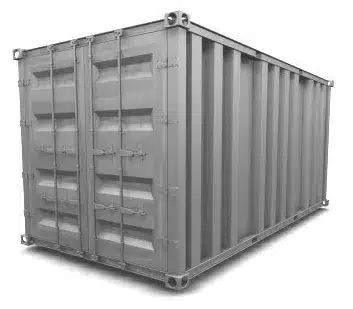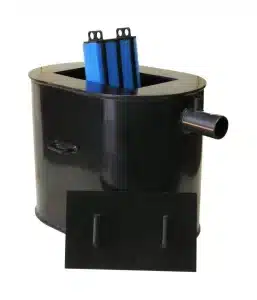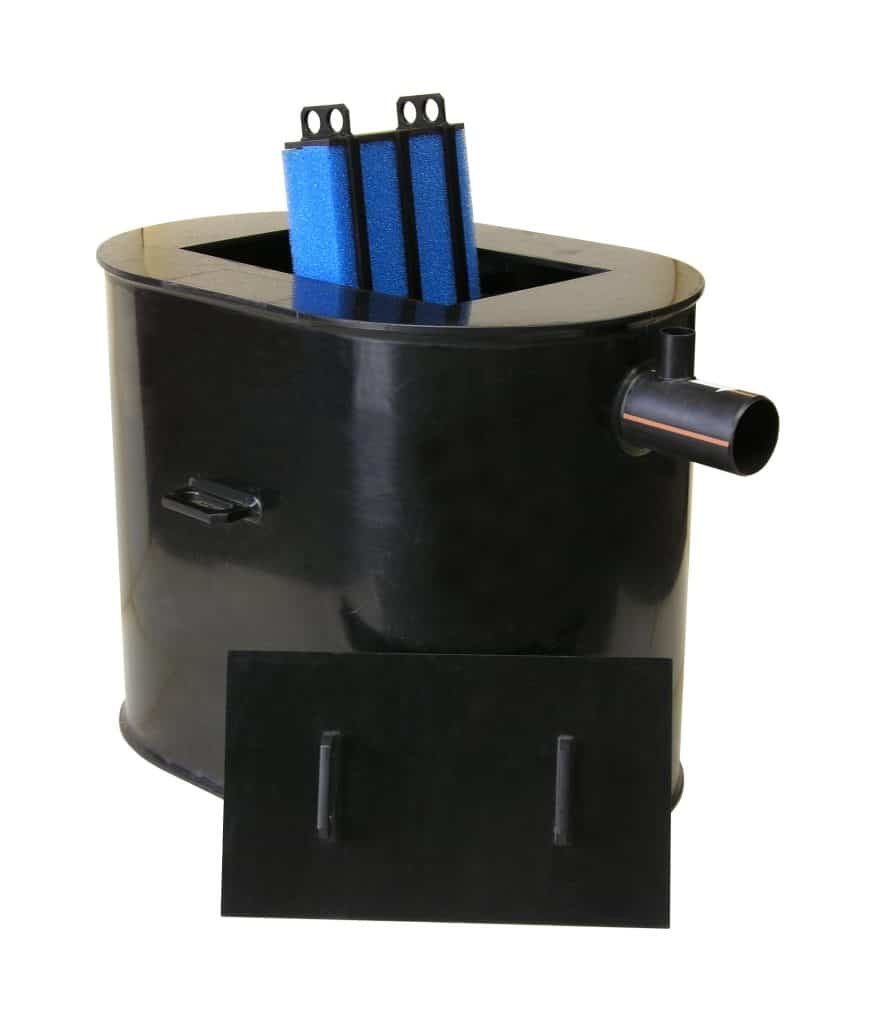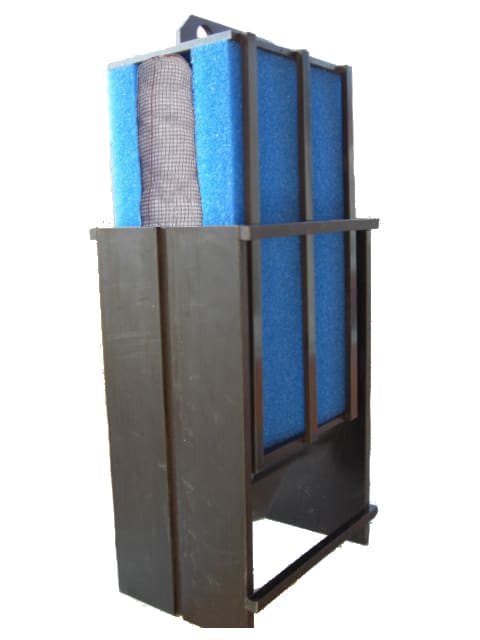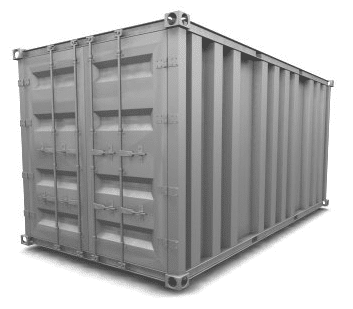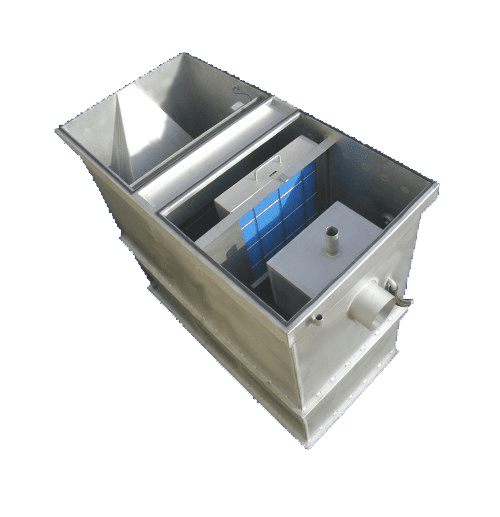In Louisiana’s industrial heart, a silent guardian stands tall: the Above Ground Oil Water Separator (OWS). These heroes are key to protecting our environment and helping businesses follow the law. But why are they so crucial, and why should you pay attention?
Freytech Inc.‘s Louisiana Above Ground OWS systems lead in environmental protection. They efficiently separate oil from water. As industries grow, the need for these separators that meet strict laws grows too.
From New Orleans’ busy ports to the Gulf Coast’s oil fields, these systems are vital. They combine advanced technology with practical design. This helps businesses run smoothly and protects Louisiana’s waterways.
Key Takeaways
- Louisiana Above Ground OWS are essential for environmental protection
- These systems ensure regulatory compliance for various industries
- Above ground OWS offer efficient oil-water separation
- They play a critical role in protecting Louisiana’s water resources
- Proper OWS implementation is crucial for industrial operations in the state
Understanding Above Ground Oil Water Separators in Louisiana
Above ground oil water separators are key in Louisiana’s industrial world. They help keep oil wells safe and stop pollution. In offshore drilling, they catch oil spills before they can harm the environment.
Definition and Purpose of OWS Systems
OWS systems remove oil from water in industrial settings. They are vital in offshore drilling where space is tight. These systems use gravity and filters to separate oil from water, making sure the water is clean.
Regulatory Framework in Louisiana
Louisiana has strict rules for OWS systems. The state follows EPA guidelines and has its own rules. These rules protect water and ecosystems from oil pollution. Companies must keep hydrocarbon discharge below 10 Parts per Million (PPM).
Environmental Impact and Compliance
Using OWS systems right is crucial for preventing blowouts and protecting the environment. They keep oil and water apart, helping companies meet discharge limits. This is key for keeping Louisiana’s ecosystems safe and its water resources clean. Regular checks and upkeep make sure these systems work well.
Key Features of Louisiana Above Ground OWS
Louisiana Above Ground Oil Water Separators (OWS) have strong features for efficient rig operations and managing risks. They are made with heavy-duty materials like 304 stainless steel. This makes them last long in tough environments.
They have advanced coalescing media packs and adjustable oil skimmers for better separation. This is key in emergency situations. Some models also have slant rib clarification plates to handle heavy solids well.
These systems can handle up to 100 GPM, fitting many industrial needs. They have sludge and grit chambers for better performance and longer life. Vent ports and cleanout access points make maintenance easier, cutting down on downtime and risks.
These features make a dependable solution for water treatment in Louisiana’s varied industries. From oil and gas to manufacturing, the strong design and efficient operation of Above Ground OWS systems help with environmental compliance and risk management across the state.
Applications of Above Ground OWS in Louisiana Industries
Above Ground Oil Water Separators are key in many Louisiana industries. They help companies meet environmental rules and work efficiently. Let’s see how different sectors use this technology.
Oil and Gas Sector
In Louisiana’s booming oil and gas sector, Above Ground Oil Water Separators are crucial. They clean wastewater from refineries and plants, taking out oil before it goes into the water. This keeps local water safe and follows strict environmental laws.
Manufacturing and Industrial Facilities
Chemical plants and factories in Louisiana count on Above Ground Oil Water Separators. These systems deal with runoff from industrial activities, separating oils and chemicals from water. This way, they help companies meet water discharge rules and avoid big fines.
Marine and Offshore Operations
Offshore drilling in the Gulf of Mexico needs Above Ground Oil Water Separators for safety. These systems stop oil spills by cleaning contaminated water on drilling platforms. They’re key to keeping marine life safe and letting the industry work in the area.
From land to sea, Above Ground Oil Water Separators are vital in Louisiana’s industrial world. They protect the environment and let businesses grow in a state rich in natural resources.
Freytech Inc.’s Enhanced Coalescing Technology
Freytech Inc. is a leader in oil water separator technology with its advanced coalescing system. This technology is at the forefront of performance in meeting regulatory standards and protecting the environment.
Achieving 5 PPM Separation Efficiency
Freytech’s technology has a remarkable 5 PPM separation efficiency. This is well above what’s expected in the industry. It ensures water is very clean. The system is designed to catch even the smallest oil droplets, protecting the environment and reducing risks.
Handling Various Hydrocarbon Types
Freytech’s OWS can handle many types of hydrocarbons. It works well with everything from motor oil to jet fuel, separating contaminants from water. This makes it perfect for various industries in Louisiana.
Exceeding North American Discharge Limits
Freytech’s technology does more than just meet the rules. It can separate emulsified oil down to 0.1 PPM, which is way below the North American limit of 10 PPM. This high performance gives businesses confidence in their efforts to protect the environment and follow the law.
Installation and Maintenance of Above Ground OWS
Installing above ground oil water separators in Louisiana requires careful planning and following local rules. It’s important to set them up right for safety and smooth rig operations. Companies must make sure their OWS systems are in the right spot and connected well.
Keeping these systems in good shape is crucial. This means cleaning the coalescing media, checking skimmers, and removing sludge. By sticking to a strict maintenance plan, operators can avoid sudden problems and meet environmental standards.
Being ready for emergencies is key with OWS systems. Facilities need clear steps for handling leaks or system failures. Fast action can stop environmental harm and keep workers safe.
Training staff on how to install, maintain, and handle emergencies is crucial. This knowledge lets workers do their jobs well and act right in unexpected situations. Regular drills can boost these skills and make the site safer.
These separators are crucial in storm water systems. They process runoff to meet the US EPA’s Clean Water Act standards. With effective oily water treatment, facilities protect the environment and dodge big fines.
Comparing Above Ground and Underground OWS Systems
Choosing between above ground and underground oil water separators in Louisiana is key. Above ground systems bring big benefits for following rules and protecting the environment.
Advantages of Above Ground Systems
One big plus of above ground OWS systems is how easy they are to get to. You can check them out easily, catching problems early. This means better upkeep and faster fixes when needed.
Cost Considerations
Though they cost more at first, above ground systems save money over time. They’re easier to maintain, which cuts down on repair costs. This can add up to big savings over the system’s life.
Ease of Inspection and Maintenance
For inspections and upkeep, above ground OWS units are a breeze. You don’t need to dig or special gear to check them. This makes it easy to keep up with environmental rules with little disruption to your work.


